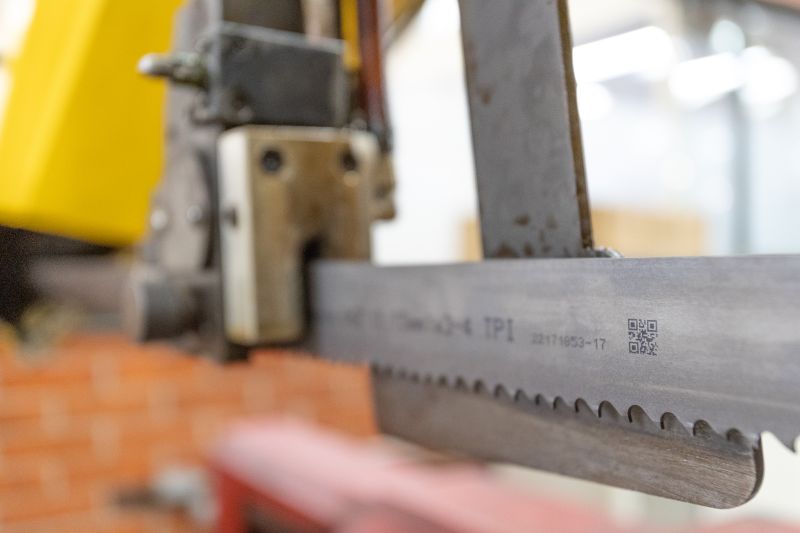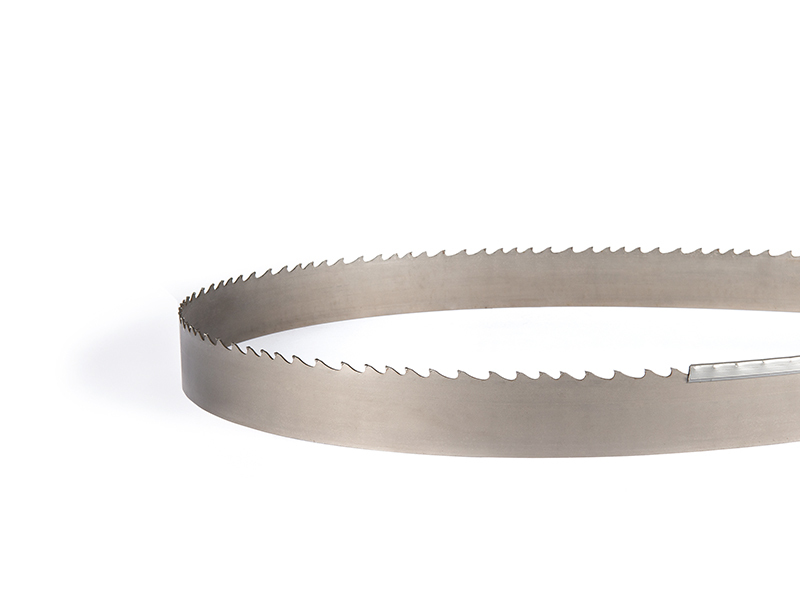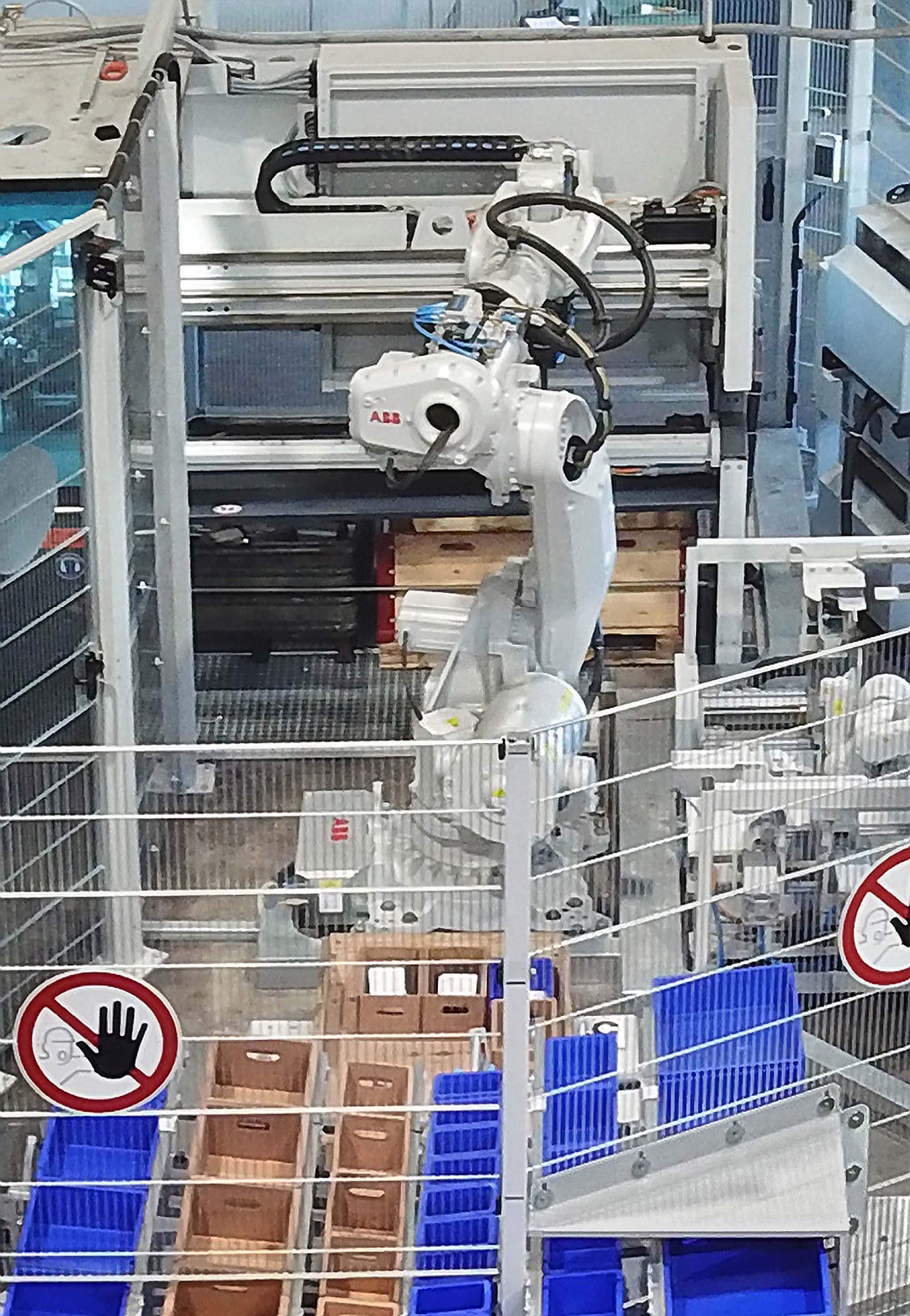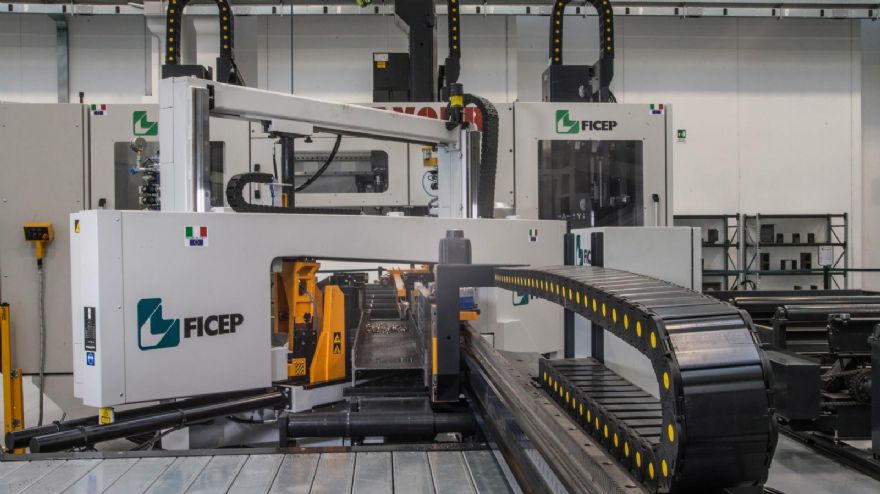Choosing the best saw blade depends on compatibility. Users need to match the blade itself, its size and tooth design to the material that requires cutting. Here, Saws UK outlines a number of principles that can help simplify selection.
Carbon steel bandsaws blades are reliable in general purpose applications. These blades are available in many tooth sizes and densities, providing an excellent match for many different materials, including steel, stainless steel, mild steel and non-ferrous metals such as zinc, brass and bronze.
Bi-metal bandsaw blades offer superior strength and resilience. During manufacture, the blade of spring steel incorporates a hardened edging of high-speed cobalt steel that provides an effective, long-term cutting performance when processing all types of structural metal.
For the sawing of high-volume batches, the strong and resilient ground-tooth bandsaw blade is an effective choice. This blade type can withstand the intense heat produced when sawing continuously at high speed in materials such as stainless steel, carbon steel, aluminium and copper.
If needing a versatile bandsaw blade that can cut a wide range of diverse materials, the carbide grit edge bandsaw blade is a good pick. This blade is highly reliable, producing a fine cut finish with minimal resistance even when sawing abrasive materials that include hardened steel, cast iron, titanium and nickel-based alloys.
HSS-DMo5 circular saw blades are manufactured from a high-speed steel alloy incorporating tungsten, molybdenum and vanadium. Of particular note, these blade are steam-treated to ensure they have an extra fine surface that significantly reduces friction when cutting mild steel, stainless steel and structural steel.
TCT circular saw blades are exceptionally long-lasting. They can also withstand the extreme heat produced while operating at high speed in materials that include titanium, zirconium, nickel and cobalt.
For further information www.sawsuk.com
















